What Happens If You Workout But Don’t Eat Enough?
Regarding wellbeing and achieving your goals, many people focus mostly on the exercise component of the circumstances. Whether you run, lift weights, or undertake high-intensity interval training (HIIT), workouts are usually considered as the main element in improvement.
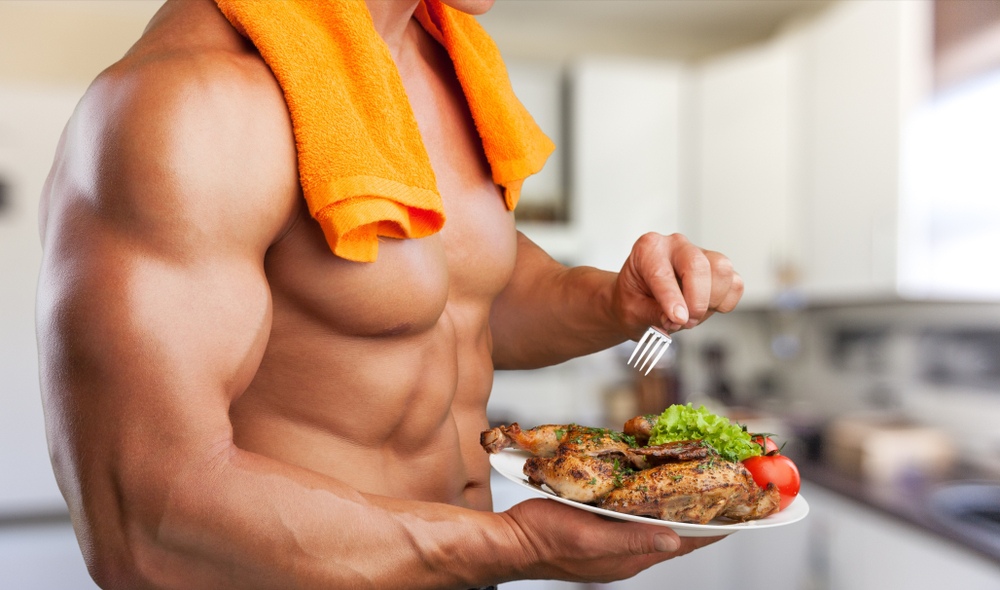
Conversely, your food is absolutely vital—if not more so than any other element. Specifically, the question of what occurs if you exercise but eat insufficient is not covered almost enough, yet it can really affect your fitness and health.
This essay will delve deeply into the scientific background of the physiological and psychological consequences of exercising exercise while not eating enough. We will also provide guidance on how to achieve a good balance between your food and activity so that your efforts maximine their results without compromising your health. Whether you are an athlete, a regular gym goer, or just starting your fitness path, you must be aware of the link that exists between exercise and diet.
The Importance of Proper Nutrition in Fitness:
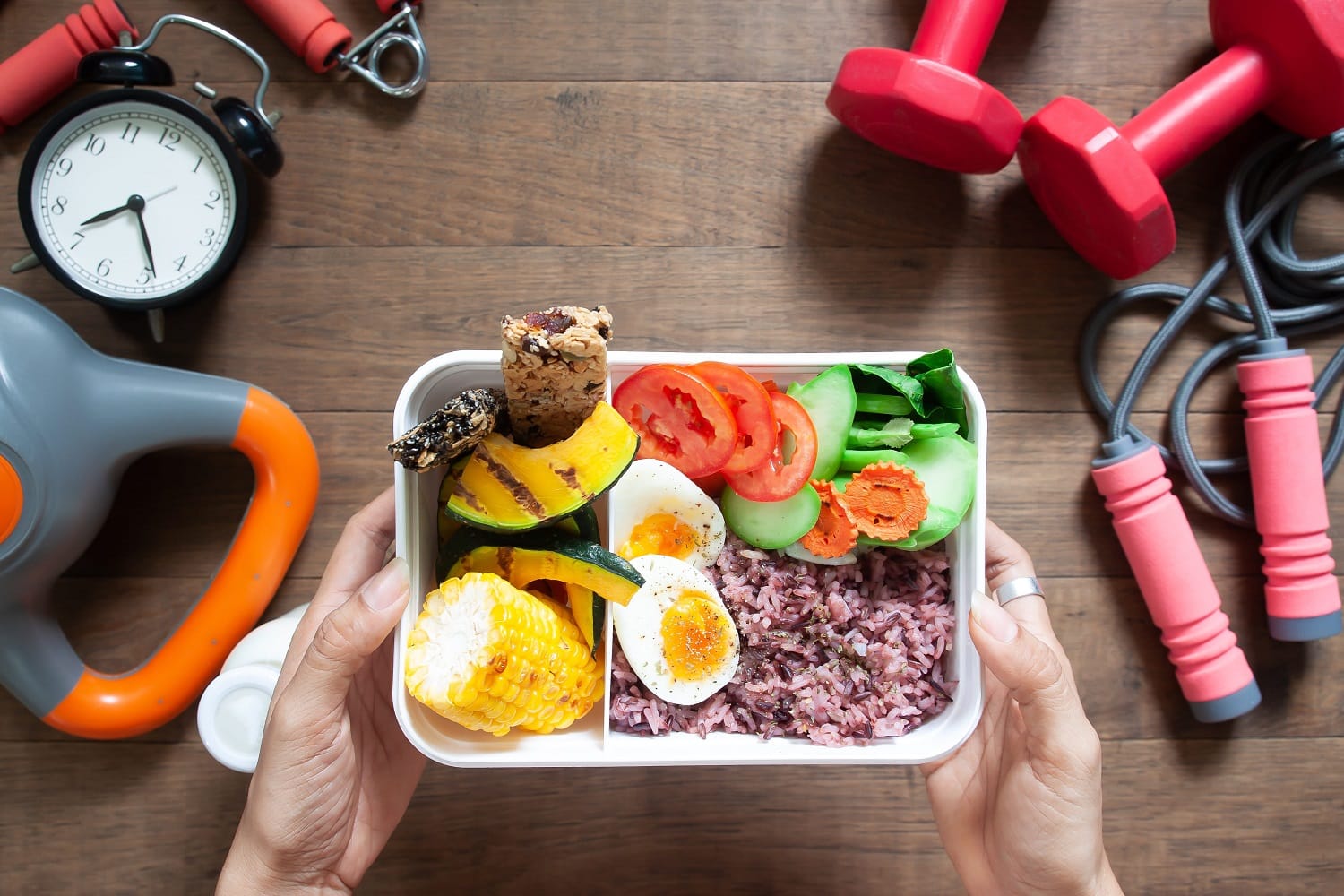
Before we discuss what happens should we workout but neglect eat enough, it is important to grasp the relevance of food for health. Exercising strains your body greatly and calls for food and nutrients to handle that stress. Your body will not be able to operate as it should without enough calories and nutrients.
Calories: The Fuel for Your Workouts:
Your body’s currency of energy is calories. When you eat, your body mostly runs on proteins, lipids, and carbohydrates for energy. Every component offers a specified number of calories. Your body then processes these calories through to maintain your basic metabolic rate (BMR) and fuel your workouts.
When you under eat, your body lacks the fuel it needs to ideally operate. Many problems can follow from this; we shall go into more depth later on.
Macronutrients: Carbs, Fats, and Proteins:
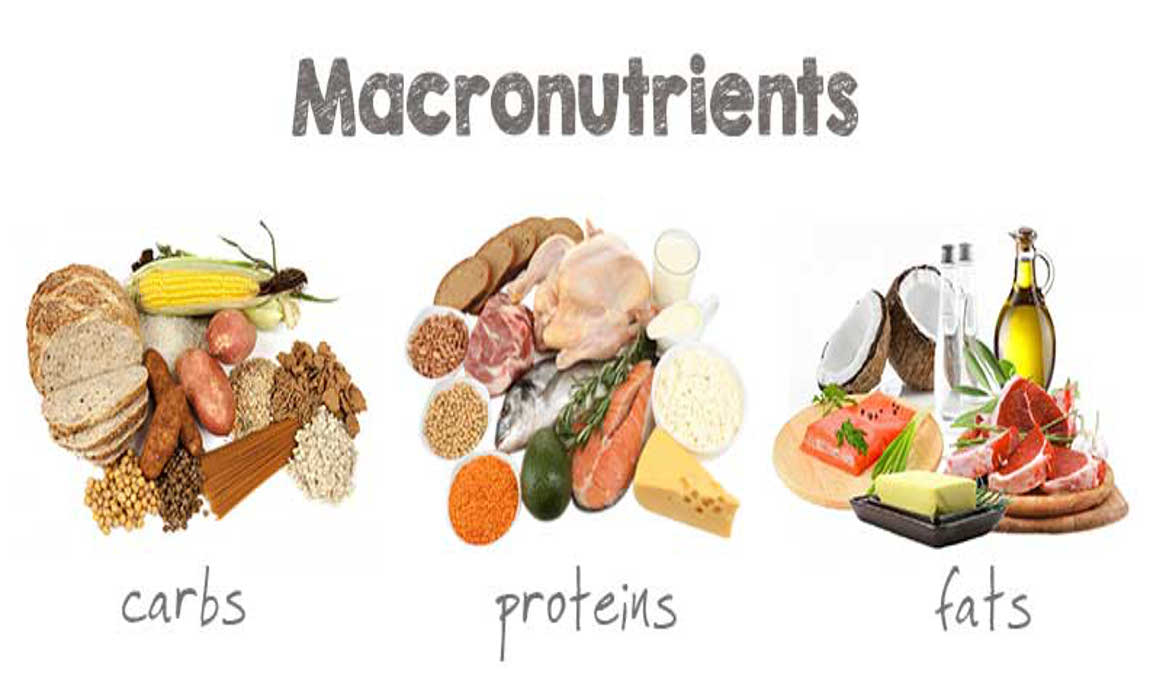
Apart from calories, your body depends on the correct macronutrient balance.
Especially for high-intensity exercises, your body chooses carbs as its fuel.
Fats are essential for overall health because they provide a slower, longer-lasting kind of energy.
Especially after strength exercise, muscles development and regeneration totally depend on proteins.
Exercise but neglect eat enough; your body might not get the right balance of these macronutrients, which would aggravate your performance and recovery.
Micronutrients: Vitamins and Minerals:
General health and physical fitness also depend on nutrients such minerals and vitamins. They play a part all the way from producing energy to contraction of muscles. Nutritional deficits can lower sports performance and delay the healing process.
What Happens If You Workout But Don’t Eat Enough?
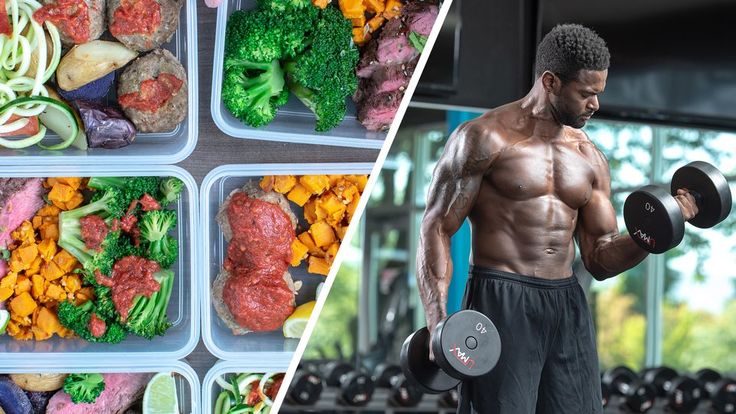
After we have covered the most important components of a healthy diet, let’s talk on the effects of working out without enough food.Just two of the several possible repercussions are negative consequences on your health and mental well-being.
1. Reduction of Muscle Mass:
Loss of bulk is one of the greatest risks of working out with eating sufficient food. When you exercise, especially when you lift weights or do resistance training, you basically tear small tears in the fibers of your muscles. Your body needs protein and calories to fix these tears, fabricating your muscles back more grounded and bigger.
A lack of calories or protein, however, will deprive your body of the fuel it needs to complete this maintenance cycle. It might begin ripping muscle fibres to meet its energy demands if all other things remain constant. If this keeps up, the benefits of your exercises will be negated by a significant loss of muscle mass.
2. Decreased Performance:
A lack of calories leads to poor performance during physical activities, which manifests as lethargy, obesity, and missed workouts. When regular exercise fails to produce the desired results, this becomes even more concerning. Aside from increasing the risk of injury, overtraining condition can make you feel more tired and less motivated.
3. Impaired Recovery:
Some form of recovery should be a part of every health regimen. It takes time for your body to repair and regenerate the damaged tissues after exercise.
Ignoring the passage of time, also anticipated for this cycle are the appropriate vitamins. Protein is crucial for muscle repair, and carbs assist restore glycogen stores lost during exercise.
If you don’t consume enough calories, exercising won’t aid in your recovery. A greater chance of injury, lengthier recovery times after workouts, and intensified muscle discomfort are all possible side effects. Your fitness progress may stall or worsen as a result of this, and you may notice a decline in your overall health and performance.
4. Lowered Immune Function:
If you exercise often but fail to consume enough calories, it might have a negative impact on your immune system as well. Exercising vigorously puts stress on your body, which, although healthy in small doses, demands more energy to handle.
You may not be providing your body with the nutrition it needs to maintain a strong immune system if the nutrients in your diet are inadequate. You may find it more challenging to achieve your fitness goals if you are more likely to become sick as a result of this.
5. Hormonal Imbalances:
Chemicals play a basic role in regulating several biological functions, including digestion, muscle development, and energy level management. Not enough food can throw off your hormone balance and lead to several issues.
One way to lower leptin levels—which regulate hunger and energy use—is to cut calories consumption.This could aggravate already present symptoms of tiredness and irritation as well as complicate weight maintenance.Long-term effects on bone health can include lowered oestrogen levels and consequent amenorrhoea, a disorder of a woman’s menstrual cycles brought on by undernutrition.
6. Mental and Emotional Consequences:
Not eating enough can seriously affect your mental and emotional as well as your physical state. Your body may experience mood fluctuations, irritation, and even depression when it runs without the nutrition it requires. This is in part because inadequate diet affects brain function and hormone levels.
Moreover, constant exhaustion and inadequate performance in your exercises could irritate you and reduce motivation in your workouts. This can create a vicious cycle whereby insufficient nutrition causes poor performance, which subsequently lowers drive to eat healthy or engage in exercise, therefore aggravating the problem.
Balancing Exercise and Nutrition for Optimal Results:

Exercise without adequate food has serious effects, hence achieving your fitness objectives depends on enough appropriate nutrition. How then can you make sure you’re eating enough to sustain your activity without going overboard?
These rules should help you to find the ideal balance:
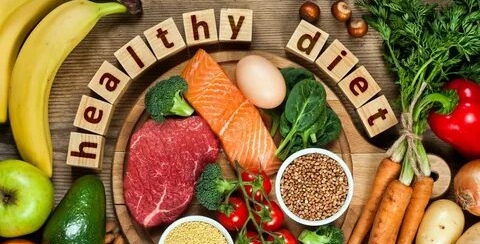
1. Calculate Your Caloric Needs:
Finding your calorie demands will help you to make sure you’re eating enough. Your age, gender, weight, degree of exercise, and fitness objectives will all affect this. Numerous internet calculators abound that may project your daily calorie intake based on factors like weight and height.
Remember that if you are trying to lose weight you could have to create a caloric deficit—that is, consume less calories than you burn. However, it’s important to keep an eye on this shortage since it might already have negative consequences previously discussed.
2. Prioritize Macronutrient Balance
Considering your calorie needs, it makes logical to focus mostly on reaching the ideal macronutrient ratio. As was already mentioned, proteins, lipids, and carbohydrates all are vital for supporting your general health and physical activity.
If you do regular high-intensity activity, especially, your diet should be largely constituted of carbs. Try to eat entire grains, fruits, vegetables, and complex carbs present in them.
Furthermore essential are fats, especially healthy fats found in foods like avocados, almonds, seeds, and olive oil.
Proteins are essential for the healing of muscles and have to be present in every meal. Lean meats, seafood, eggs, dairy products, and plant-based proteins like beans and lentils are also excellent sources.
3. Timing Your Meals:
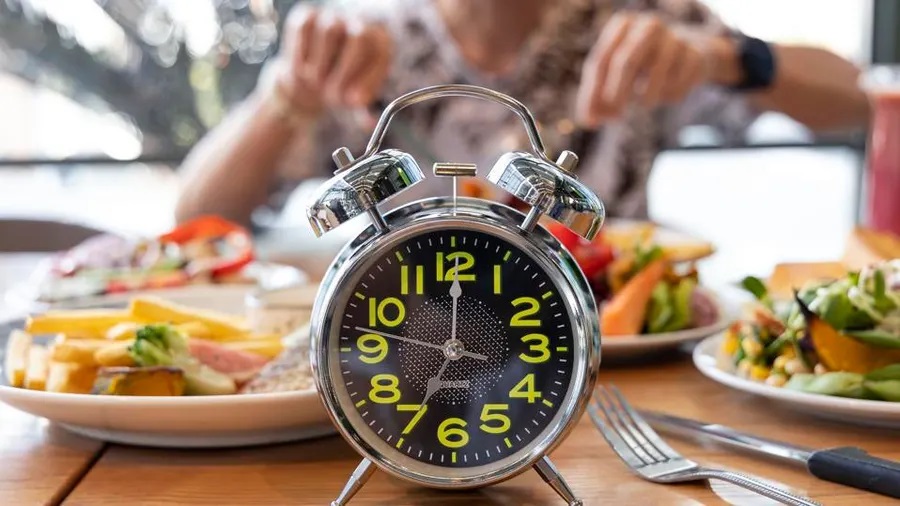
When you eat is just as important as what you eat. Eating the right foods at the right times can help fuel your workouts and improve recovery.
Having a dinner or goody combining sweets and some protein one to two hours before your exercise will enable you to provide the energy you really need to operate at your best.
Post-Exercise Nourishment:Restoring your glycogen levels and giving your body the protein it needs to heal and grow muscle following exercise is absolutely vital. Try to have a good meal two hours after working out.
4. Listen to Your Body:

You should pay close attention to your physique among other things.If you feel tired, have regular injuries, or see performance drop, it could indicate you are not getting enough. Pay attention to your signals for hunger, and if needed change your diet without feeling guilty.
5. Consider Professional Guidance:
Seeking guidance from a licenced dietitian? They can enable you to get the ideal mix of diet and exercise.
Conclusion:
Pursues of fitness might cause one to become ensnared in the belief that more exercise is always better. But without enough nutrients, your workouts could cause more damage than benefit. Anybody trying to increase their fitness and general health must first understand what happens if they train out but neglect eat enough.
By ensuring your body gets the fuel and nutrition it need, you can improve your performance, promote muscular development, and prevent undereating negative consequences. Remember that becoming fit requires providing your body the nutrition it needs to operate at its best and recover rapidly, not only of course of work at the gym.



